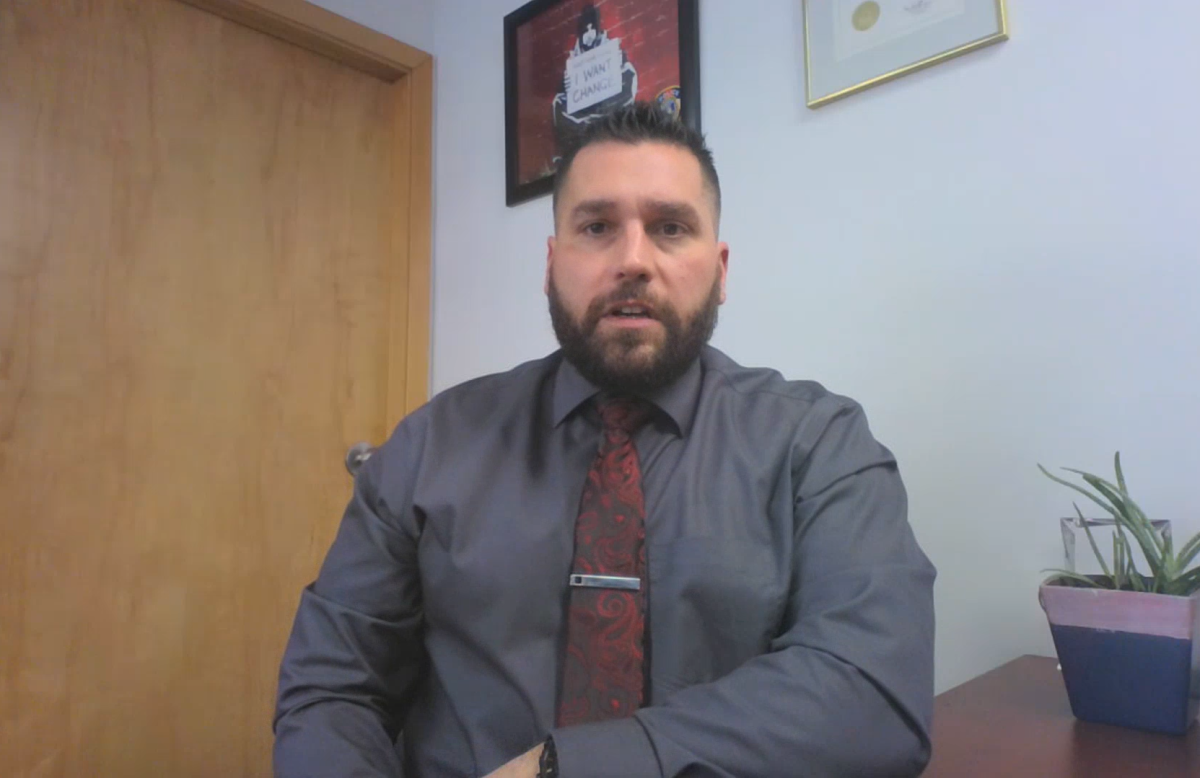A member of the Saskatchewan Enforcement Response Team (SERT) says that while new provincial policing investments are starting to show results, policing the trafficking of illicit drugs remains a challenge in Saskatchewan.

“The problem with these drugs is they’re such a small quantity, but they’re so potent, that they can be easily transported into the province undetected,” RCMP Staff Sgt. Ryan How told Global News, calling drugs like fentanyl “game-changers”.
“It’s getting harder and harder for police to actually interdict these drugs as they get into our communities. It’s always a constant battle trying to figure out how they’re doing it. They’re getting extremely creative with hidden compartments and all sorts of stuff to evade our detection.”
How is a regional manager with SERT North.
He says illicit opioids have historically been trafficked into Saskatchewan from the west. But, as the highly potent, highly profitable drugs increase in popularity with traffickers, RCMP are beginning to see them come through other borders as well
How says these drugs are then making their way to all parts of the province, trafficked both by large organized crime groups and smaller street-level gangs, further challenging enforcement efforts.
“The larger quantities are attributed to organized crime,” he said, highlighting the December arrest of Saskatchewan resident Kurt Miller in which 10.6 kg of fentanyl believed to be destined for the province was seized.

Get daily National news
“But then there’s also the street-level gangs bringing in smaller quantities which are no less dangerous because they’re bringing in smaller quantities more frequently, and bringing them into more isolated communities. And we’re such a large province that it’s really tough for the police to be everywhere at all times.”
Last week, in a preliminary report, Saskatchewan’s chief coroner projected that 2022 is likely be another record year for overdose deaths in the province.
His report documents 204 confirmed and 217 suspected drug toxicity deaths, with fentanyl or one of its analogs being detected in the majority of cases.
In 2021, a record year for overdose deaths of its own, the coroner has reported 401 confirmed and 9 suspected fatalities.
And, in the last three years, overdose deaths have been recorded in over 120 Saskatchewan communities.
Speaking last week, Chief Coroner Clive Weighill said preventing more deaths requires a multi-faceted solution including policing.
“This is a really tough situation to tackle. There’s so many different groups of people involved with drug overdoses,” Weighill said.
“There’s many pieces to this. There’s enforcement, there’s health, there’s mental health, they all play a part to try and solve this.”
In 2021 the government of Saskatchewan announced plans to invest $6.4 million annually into the new Saskatchewan Trafficking Response Team (STRT), a “specialized intelligence-led enforcement team dedicated to addressing illegal weapons, drugs and human trafficking.”
The 41-member RCMP-led team became operational last year.
How said while the unit, which operates under the umbrella of SERT, is in its infancy, he believes it is starting to produce results.
It was involved in the aforementioned arrest of Kurt Miller, How said.
The Saskatchewan RCMP says STRT was also involved in the recent arrest of two people in Swift Current which recovered fentanyl, methamphetamine and cocaine.
“I’m very happy with the support we’ve got and how quick it’s come online. It was only October 2021 in the throne speech that this was announced,” How said.
“I’m optimistic that there is some progress being made, but it’s going to take a an entire team approach of all of our partner agencies to get this to slow down because it is proliferating.”









Comments